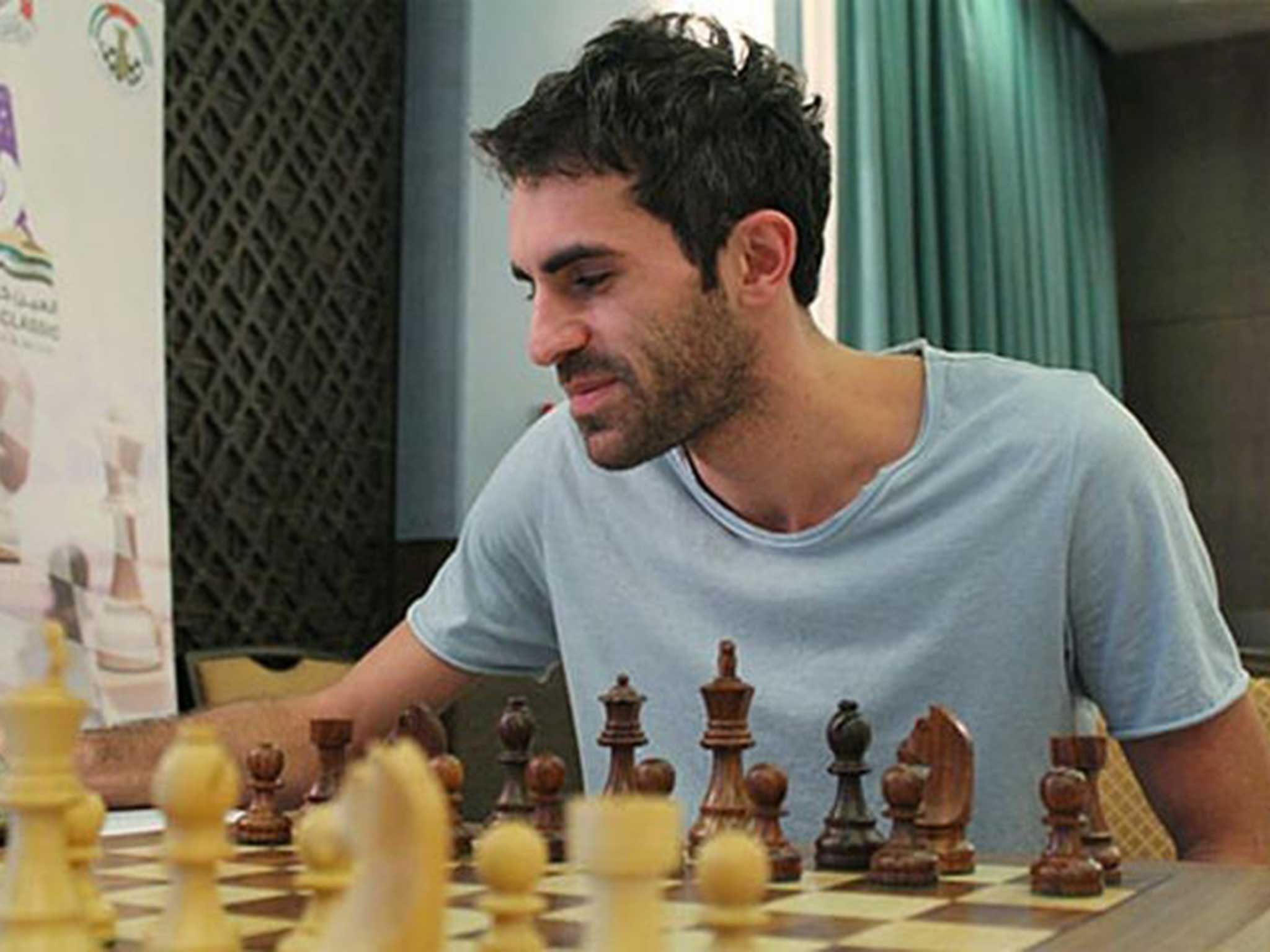Does the story of the chess star cheating on his phone show players are under too much strain?
Toilet scandal suggests cheating in chess isn’t a black and white issue

Your support helps us to tell the story
From reproductive rights to climate change to Big Tech, The Independent is on the ground when the story is developing. Whether it's investigating the financials of Elon Musk's pro-Trump PAC or producing our latest documentary, 'The A Word', which shines a light on the American women fighting for reproductive rights, we know how important it is to parse out the facts from the messaging.
At such a critical moment in US history, we need reporters on the ground. Your donation allows us to keep sending journalists to speak to both sides of the story.
The Independent is trusted by Americans across the entire political spectrum. And unlike many other quality news outlets, we choose not to lock Americans out of our reporting and analysis with paywalls. We believe quality journalism should be available to everyone, paid for by those who can afford it.
Your support makes all the difference.The little phone in your pocket is not only much more powerful than the computer which helped humans to the Moon, it can also play chess better – or at the very least calculate variations much faster and more accurately – than any human.
Which is what got the Georgian grandmaster Gaioz Nigalidze into such hot water at the Dubai Open earlier this week. He was expelled from the tournament after being caught in the toilet using an iPhone connected to software analysing his game; an action against the Laws of Chess which would make a weak player strong and a strong player such as Nigalidze well nigh unplayable.
The incident highlights a problem which has been bubbling away in chess circles for years now – the immense power of chess computers.
When Garry Kasparov was defeated by supercomputer Deep Blue in 1997 – the first time a world champion was beaten by a machine – it was a sensation. But today’s best chess engines (playing programs) would defeat anybody – including Magnus Carlsen, the world’s number-one player, mainly because they pick up the tiniest tactical error.
This has led to a blanket ban on mobile phones at top events, such as the Olympiad.
Cheating, however, is rare at the top level, though there are constant allegations at Open tournaments, and Fide, the World Chess Federation, now has a commission to carry out statistical analyses if a player performs “too well” or behaves oddly. If too many of your moves match those of a top program (anything approaching 40 per cent is highly suspicious) there’s a prima facie case to be answered.
For the 1972 Fischer v Spassky match in Reykjavik, the Soviet delegation had the playing area minutely examined, in particular Fischer’s chair and a light fixture – which yielded two dead flies.
Especially bad-tempered was the Karpov v Korchnoi world championship match in Baguio City in 1978, pitting the model Soviet citizen against the defector. There were allegations from Korchnoi’s camp about Soviet parapsychologists and a demand for the regulation of the yoghurt Karpov received during the game lest the flavour be a code.
In 2006, when Vladimir Kramnik played Veselin Topalov in Elista in the Russian republic of Kalmykia, machines were already all too powerful. When Kramnik kept disappearing into the toilets, the Topalov team protested and Toiletgate was born. In all probability, though, the highly stressed Kramnik was merely hiding away to smoke (I once come upon him myself during a tournament doing this).
During the 2010 Olympiad in Khanty Mansiysk, in Siberia, the French non-playing team captain was allegedly transmitting moves to an accomplice at home who fed them to a computer and sent recommendations back; the captain transmitted these to one of the players by a sort of semaphore dancing round the board. The allegations were denied but the French Chess Federation nevertheless issued bans.
Drugs are not an issue for chess, but because Fide aspires to the game being in the Olympics, there is some very low key testing. at top events. However, there are more stringent countries – Hungary, for example – that insist on out-of-competition testing for top players, such as Judit Polgar.
It was Polgar’s husband, a vet, who pointed out just how easy it would be to implant a computer chip into a person (as in a dog or cat). But it’s one of the great joys of chess that you are effectively naked and answerable only to yourself. Most chess players – a proud and fiercely independent breed – would not naturally be drawn by the lure of the cyborg – and that’s definitely a mercy.
Join our commenting forum
Join thought-provoking conversations, follow other Independent readers and see their replies
Comments